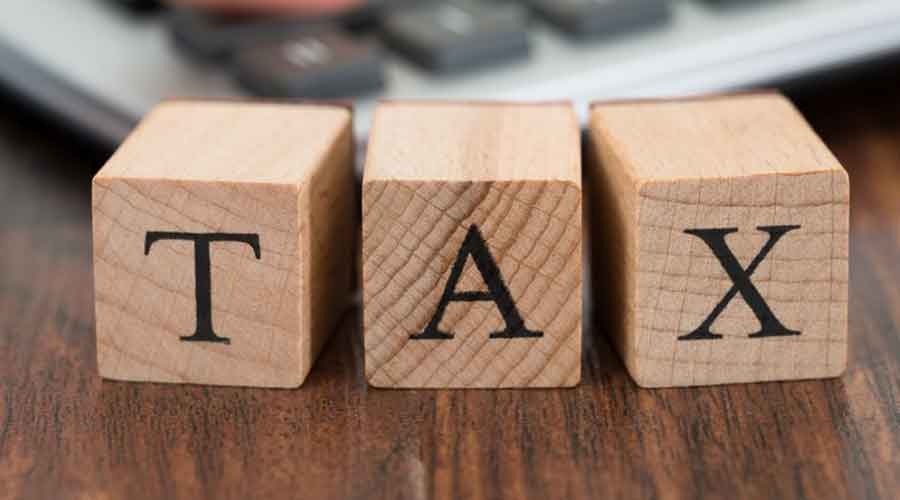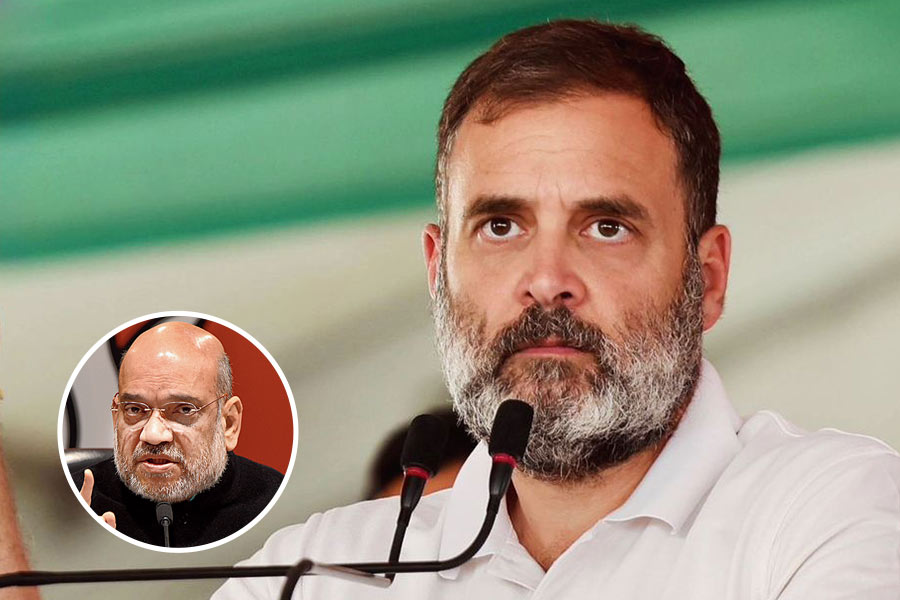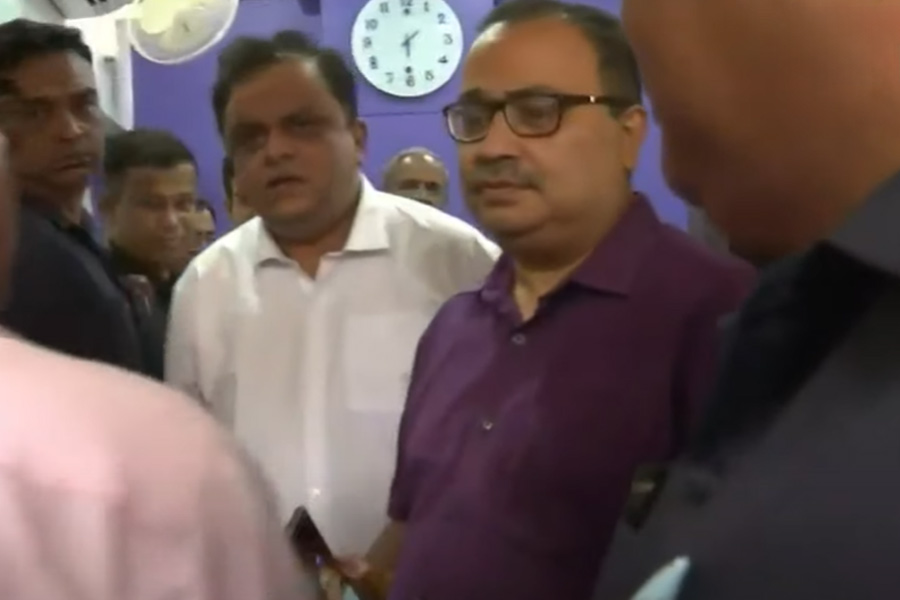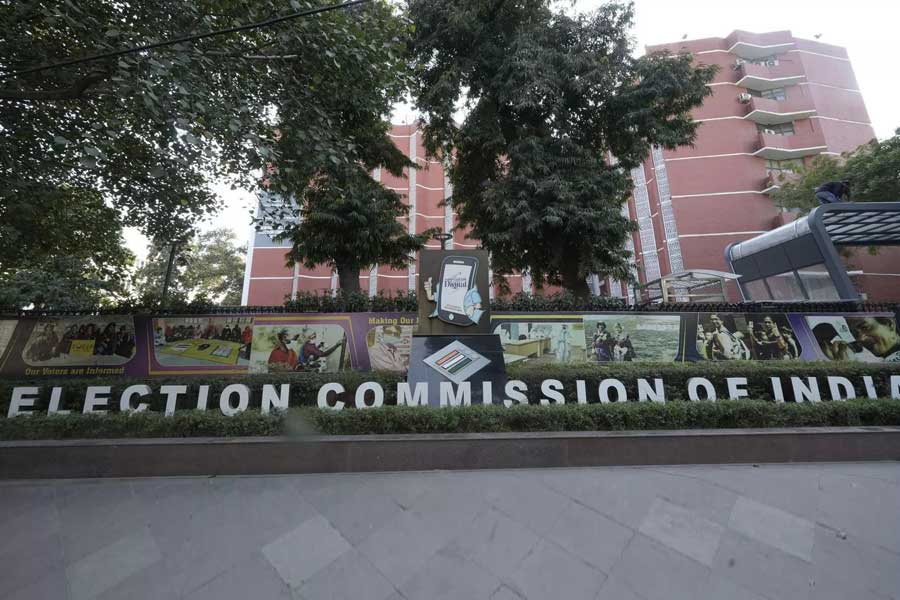Tax impact | Indirect
Customs duty
Proposal: SEZ Act to be replaced by a new legislation. Customs administration to be fully IT-driven in SEZs.
Impact: Digitisation will help in ease of doing business by SEZ units considerably. New legislation will enhance competitiveness of the country’s exports.
Proposal: Phase out the concessional rates in capital goods and project imports gradually and apply a moderate tariff rate of 7.5 per cent
Impact: Will help local players to create level playing field as reasonable tariffs are conducive to the growth of domestic industry and Make in India initiative.
Proposal: Graded import duty rate structure is being notified to operationalise Phased Manufacturing Program for electronic goods
Impact: This will enable domestic manufacturing of high growth electronic items.
Proposal: Penal and prosecution provisions introduced for publication of information relating to value or classification or quantity of imports and exports, except in cases where such publication is required by law or is made by or on behalf of the Centre.
Impact: This is being introduced for protection of import and export data.
Goods and Services Tax
Proposal: Timelines for taking input tax credits ('ITC'), issuing GST credit notes and correcting any errors in GSTR 1 returns has been extended by 2 months from September 30 to November 30.
Impact: This will provide additional time in the hands of taxpayers to take benefit of any missed tax credits of previous financial year, to issue credit notes on customers for adjusting GST liability and to make corrections in previously filed GSTR-1 returns.
Proposal: GST portal will provide auto-populated statement to taxpayers which will contain not only the details of ITC which can be availed but also those which cannot be availed in scenarios where supplier has defaulted in paying tax, taking excess credit etc. Customers of such defaulting taxpayers will not be able to claim ITC in such scenarios. Any input tax credit taken by a customer in respect of which the supplier does not pay GST, would run the risk of ITC reversal along with interest. Such credit, however, can be re-availed in case the supplier makes the payment of the tax payable.
Impact: It will become imperative for businesses to regularly monitor their vendors’ GST compliances to safeguard their own ITC claims.
Proposal: Power to GST officer to cancel GST registration of a composition dealer if it does not file the return for a financial year beyond three months from the due date.
Impact: Non-compliance with return filing will expose a dealer under composition scheme to the risk of its registration getting cancelled.
Proposal: Taxpayer may transfer any amount of tax, interest, penalty, fee or any other amount available in the electronic cash ledger among different GST registered units of same entity. Such transfer will not be allowed if the registered person has any unpaid liability.
Impact: Cross utilisation of the cash ledger between GST registered units of same entity will facilitate ease of doing compliances without going for the refund route.
Proposal: Retrospective amendment to provide that interest will apply only where ITC has been wrongly availed as well as utilised.
Impact: Taxpayers will not be exposed to interest if any input tax credit has been wrongly taken but not utilised.
Proposal: Taxpayers will not be allowed to furnish GSTR-1 for a tax period, if GSTR-1 for any of the previous tax periods has not been furnished. Further, taxpayers cannot file GSTR-3B if relevant GSTR-1 has not been furnished
Impact: Sequential filing will further curb non-compliance among taxpayers.
Tax impact | Direct
Income tax
Proposal: Tax deduction limit increased to 14 per cent for state government employees for contribution to NPS.
Impact: This will ensure parity between central and state government employees for tax deduction on contribution to NPS.
Proposal: On account of Covid-19, vide press statement dated 25 June 2021, the government has ratified income tax exemption granted on amount received from employer (no limit) or any other person (Rs 10 lakh) —
(a) by a taxpayer for medical treatment
(b) by family of a deceased taxpayer within 12 months from the date of death.
Impact: This might reduce the agony of the family members to some extent.
General income tax
Proposal: Taxpayers who have made errors while filing return of income can file updated return after payment of taxes within 2 years from the end of relevant assessment year.
Impact: This will ensure voluntary return filing and reduce penalties & litigations
Proposal: Restrict surcharge on long term capital assets to 15 per cent
Impact: Surcharge on LTCG on listed equity shares, units, etc are liable to a maximum surcharge of 15 per cent, while the other long term capital gains are subjected to an increased surcharge which may go up to 37per cent. Thus, it is proposed to restrict the rate of surcharge to 15 per cent on all category of LTCG. This would also give a boost to start-ups.
Corporate tax
Proposal: Rationalisation of provisions for start-ups
Impact: Under the current tax regime, start-ups with turnover upto Rs 100 crore are eligible for 100 per cent tax exemption for 3 consecutive assessment years out of first 10 years. The sunset date for incorporation of start-up was 31 March 2022. Considering the difficulties faced due to the Covid pandemic, the government has proposed to extend it till 31 March 2023.
Proposal: Tax breather for co-operative societies: Alternate Minimum Tax for cooperative societies to be cut to 15 per cent. Proposal will reduce surcharge on cooperative societies to 7%, for those whose income is between Rs 1 crore and Rs 10 crore.
Impact: This will provide a level playing field with the urban sector.
Proposal: Withdrawal of concessional rate of taxation @15 per cent on dividend income for Indian companies
Impact: The amendment is proposed in order to provide parity in the tax treatment in case of dividends received by Indian companies from specified foreign companies vis-a-vis dividend received from domestic companies.
Dinesh Agarwal and Sidhartha Jain — tax partners, EY. With inputs from Ankur Goel — senior tax professional, EY.
Views expressed are personal










